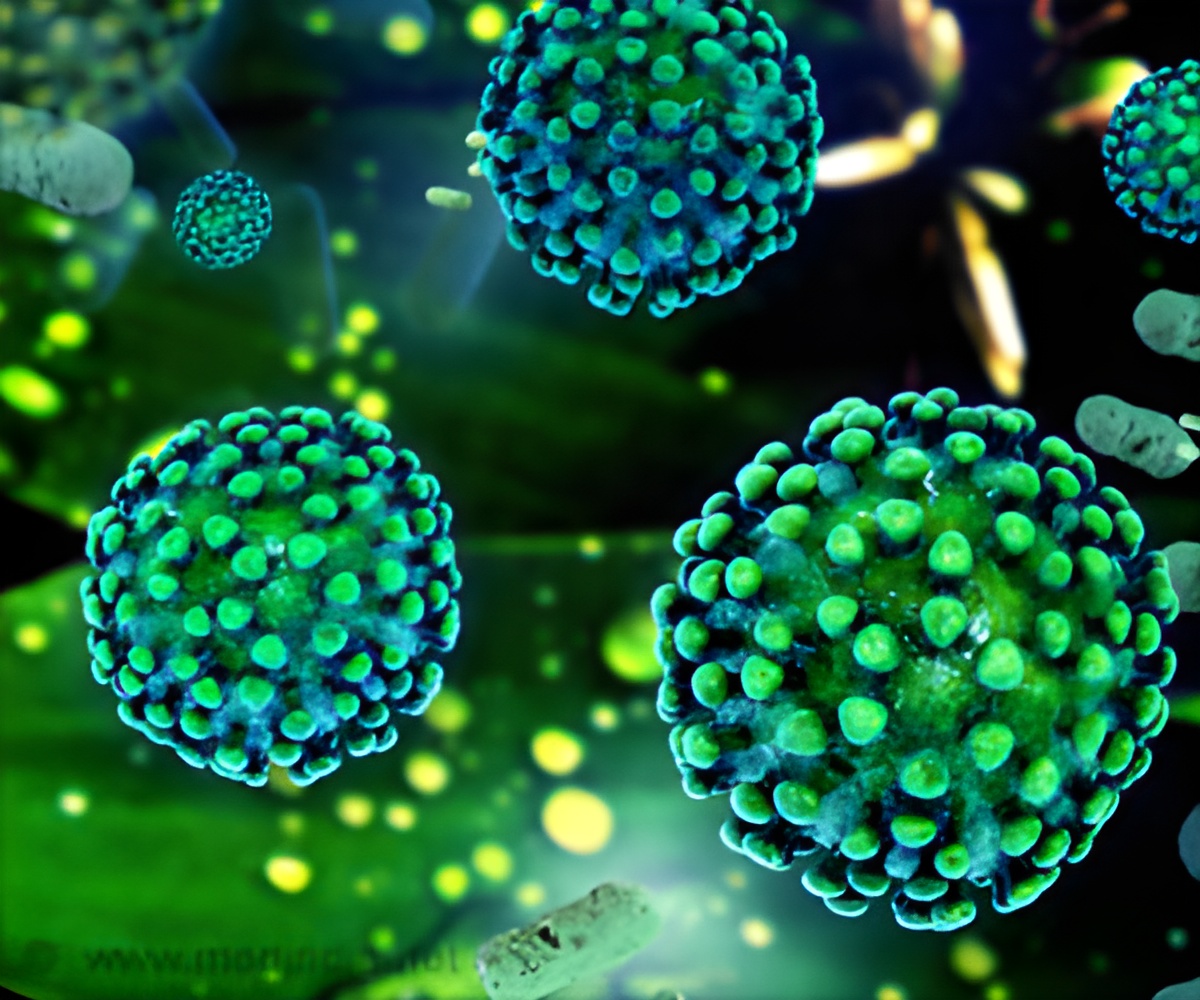Scientists have revealed how a highly infectious variant of SARS-CoV-2 virus binds to host but succumbs to antibodies later. This discovery may help in the development of more potent COVID-19 vaccines.

‘New understanding of the G variant of the novel coronavirus could help for reliable production of future vaccines.’
Read More..




The results from a Los Alamos National Laboratory-led team in the US illuminate the mechanism of both infection by the G form and antibody resistance against it. Read More..
"We found that the interactions among the basic building blocks of the Spike protein becomes more symmetrical in the G form, and that gives it more opportunities to bind to the receptors in the host -- in us," said Gnana Gnanakaran, corresponding author of the paper published in Science Advances.
"At the same time, that means antibodies can more easily neutralize it. In essence, the variant puts its head up to bind to the receptor, which gives antibodies the chance to attack it."
Researchers knew that the variant, also known as D614G, was more infectious and could be neutralised by antibodies, but they didn't know how.
Simulating more than a million individual atoms and requiring about 24 million CPU hours of supercomputer time, the new work provides molecular-level detail about the behavior of this variant's Spike.
Advertisement
This new understanding of the G variant- the most extensive supercomputer simulations of the G form at the atomic level -- could mean it offers a backbone for future vaccines.
Advertisement
Source-IANS












